14 Honest Thoughts Every Parent Has but Rarely Admits
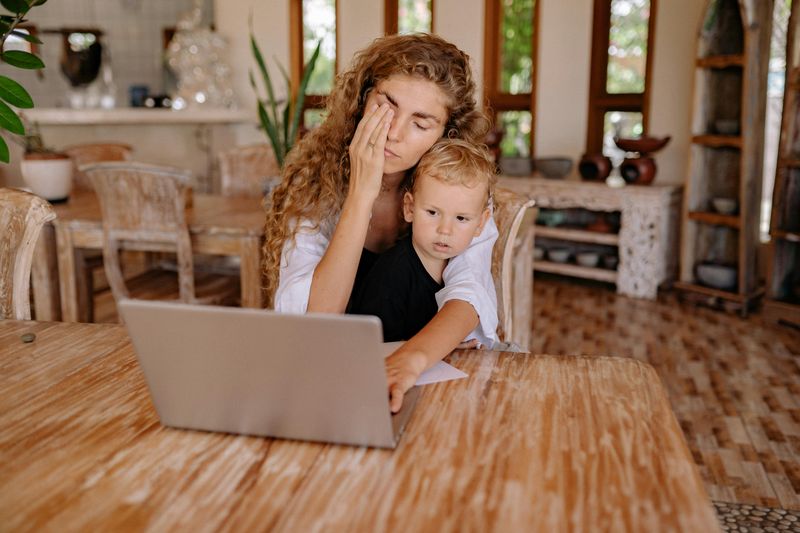
Parenting is a wild journey filled with incredible joy, but also plenty of moments that don’t make it into those perfect family photos. Behind the smiles and heartwarming social media posts, every mom and dad has thoughts they keep tucked away. These are the raw, unfiltered feelings that might make us feel guilty or less-than-perfect, but actually connect us to parents everywhere.
1. I miss my old life.
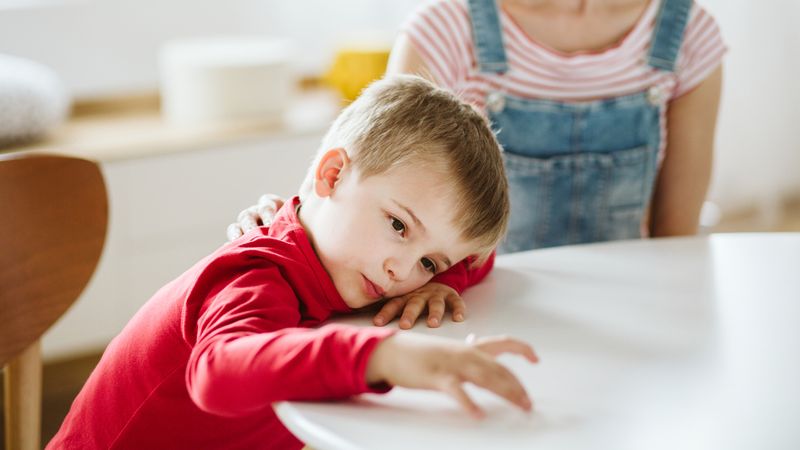
The carefree days of spontaneous weekend trips and uninterrupted Netflix binges sometimes flash through my mind like a highlight reel of a past life. I can love my children fiercely while still mourning the identity I once had – the person who could finish a thought without interruption or use the bathroom in peace.
This feeling isn’t about regretting parenthood. Rather, it’s acknowledging that alongside the incredible gains of becoming a parent came real losses worth recognizing.
Sometimes I catch myself daydreaming about those lazy Sunday mornings with coffee and a book that stretched into afternoon, or evenings where plans could change on a whim without coordinating sitters or worrying about bedtime routines.
2. Sometimes I don’t like my kid.
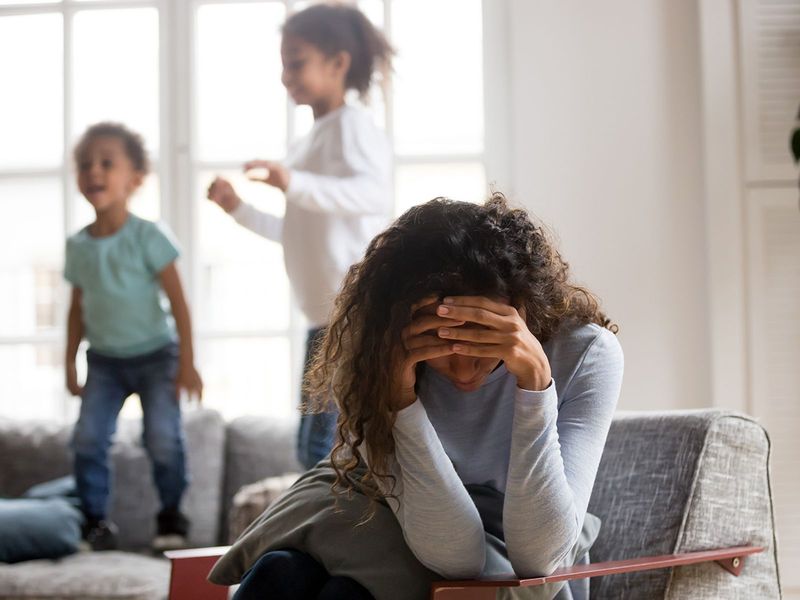
During that epic meltdown in the grocery store or the fifth consecutive hour of whining, a confession bubbles up from deep inside: I love this little person with every fiber of my being, but right now, I don’t particularly like them. The distinction feels important yet taboo.
Children can be unreasonable, frustrating, and downright difficult. Their developing brains lead them to test boundaries in ways that would be completely unacceptable in any other relationship.
This temporary dislike doesn’t diminish the profound love that remains constant. Instead, it’s an honest acknowledgment that children, like all humans, can be unlikable at times – and recognizing this doesn’t make you a bad parent, just a truthful one.
3. I have no idea what I’m doing.

Despite reading parenting books, following expert advice, and receiving endless opinions from well-meaning relatives, most days I feel like I’m completely winging it. The secret no one tells you is that every parent feels this way, even the ones who seem to have it all together.
Parenting doesn’t come with a manual that accounts for your specific child’s personality, your family dynamics, or the countless variables that affect daily life. What worked yesterday might fail spectacularly today for reasons impossible to determine.
The confidence I project when making decisions about screen time, nutrition, or discipline masks the voice in my head constantly questioning if I’m making the right choice. Parenting is essentially a decades-long experiment with results we won’t fully understand until our children are grown.
4. I wish my kid would just leave me alone.

“Mommy, watch this!” “Dad, I have a question!” The constant demands for attention can be overwhelming, especially after a long day. That desperate yearning for just five minutes without someone touching you, asking questions, or needing something can feel all-consuming.
The mental toll of being constantly available to another human being is rarely discussed openly. Parents need space to recharge, yet asking for it often triggers guilt about not savoring every moment with children who “grow up so fast.”
The truth is that needing breaks from your children doesn’t mean you don’t cherish them. Just like any relationship, healthy boundaries and personal space make you a better, more patient parent when you’re together – something worth remembering when the bathroom door swings open for the thousandth time.
5. I envy child-free people.

Scrolling through social media and seeing friends jetting off to exotic locations or enjoying leisurely brunches can trigger a complicated mix of emotions. That carefree existence – sleeping until noon, making plans without arranging childcare, or pursuing career opportunities without considering school districts – sometimes looks mighty appealing from the trenches of parenthood.
This envy doesn’t mean parents would trade their children for anything. Rather, it’s a normal response to the very real sacrifices parenthood requires.
The freedom to focus solely on personal goals, maintain spontaneity in relationships, or simply enjoy uninterrupted adult conversations represents a lifestyle with genuine advantages. Acknowledging this truth doesn’t diminish the profound joy children bring – it simply honors the complexity of the parental experience.
6. I let screens do the parenting sometimes.
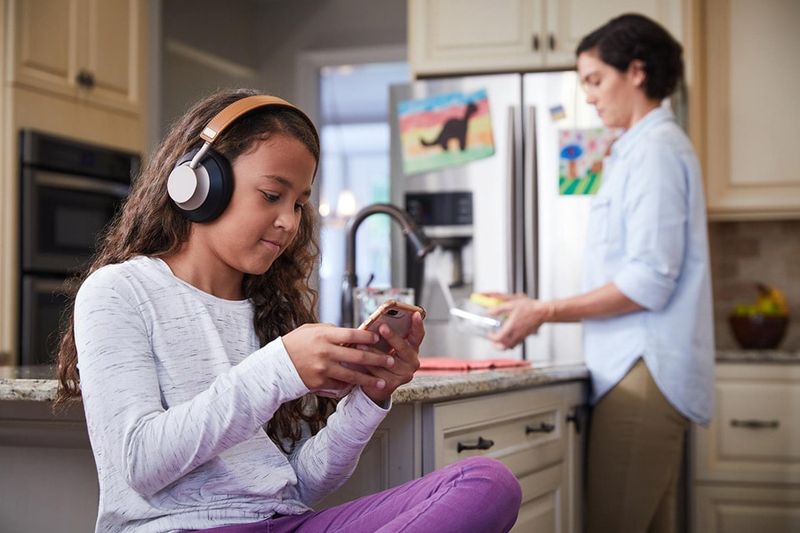
Despite all the warnings about screen time, there are moments when handing over a tablet feels like the only path to sanity. Whether it’s to make an important work call, cook dinner without a small helper, or simply take a mental health break, screens occasionally become the digital babysitter we swore we’d never rely on.
The quiet that descends when a child becomes engrossed in their favorite show creates breathing room that sometimes feels essential for parental survival. That momentary relief comes with a side of guilt that society eagerly reinforces.
Yet balance matters more than perfection. The parent who occasionally uses technology as a tool isn’t failing – they’re acknowledging their human limitations and making choices that help the whole family function. Sometimes that frozen princess or animated pig truly saves the day.
7. I don’t always enjoy playing with my kid.
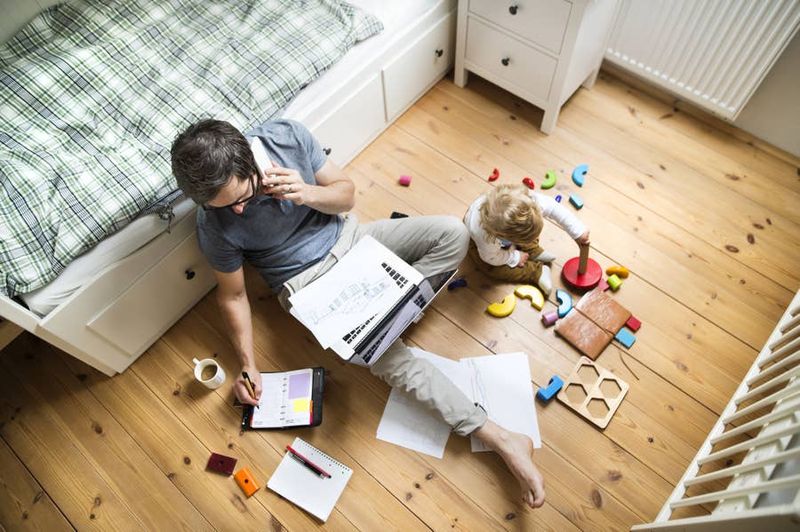
Building the same block tower for the fifteenth time or playing pretend with strict rules that constantly change can feel mind-numbingly boring. Not every parent naturally thrives as a playmate, despite the cultural expectation that good parents should enthusiastically engage in child-led play for hours on end.
The repetitive nature of children’s games can feel especially challenging for parents who crave intellectual stimulation or variety. This doesn’t reflect a lack of love but simply different personality types and preferences.
Finding alternative ways to connect – reading together, cooking, or outdoor adventures – often creates more authentic engagement than forcing yourself through play that feels tedious. Children benefit more from genuine connection in activities you both enjoy than from a parent who’s pretending to have fun while secretly counting the minutes until playtime ends.
8. I’m afraid I’m screwing them up.
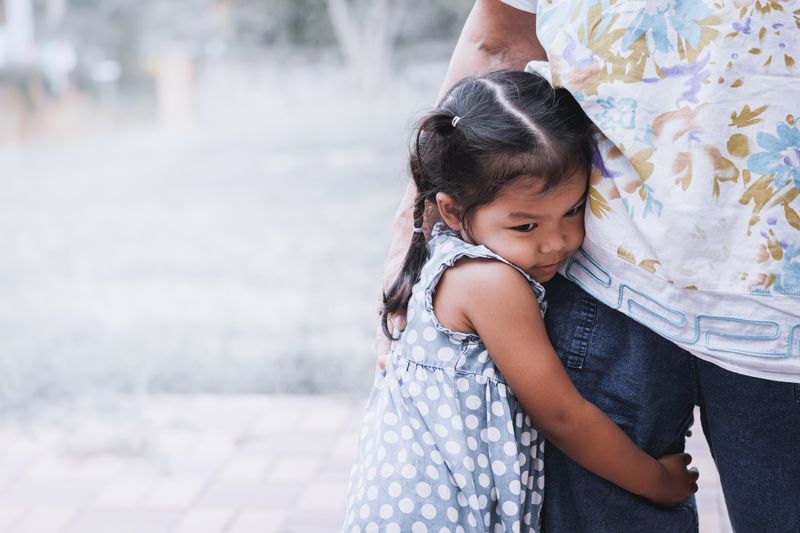
Every parenting decision feels weighted with future consequences. Will that extra screen time damage their developing brain? Did losing my temper yesterday create lasting emotional scars? The fear that today’s choices might show up in tomorrow’s therapy sessions looms large.
Parents today face unprecedented pressure to make perfect choices in everything from education methods to nutrition to social activities. Each option seems to come with research suggesting potential harm if the wrong path is chosen.
The reality is that children are remarkably resilient. What matters most isn’t perfection but connection, consistency, and repair after inevitable mistakes. The parent who worries about damaging their child is usually the one least likely to cause lasting harm – because awareness and intention count for so much more than getting everything right.
9. My kid isn’t always ‘special.’

In a culture obsessed with exceptional talent and achievement, there’s tremendous pressure to see our children as extraordinary. The secret thought that sometimes visits in quiet moments: my child might just be…average. And that’s perfectly okay.
Not every child will be academically gifted, athletically remarkable, or artistically talented. Most will be wonderfully, ordinarily human – with strengths in some areas and struggles in others.
Embracing this reality can be surprisingly liberating. When we release the expectation of exceptionalism, we create space to appreciate our children for exactly who they are, not for how they perform or compare to others. There’s profound beauty in the ordinary child who is kind, curious, and finding their own path at their own pace – no special talents required.
10. I sometimes parent out of guilt, not logic.
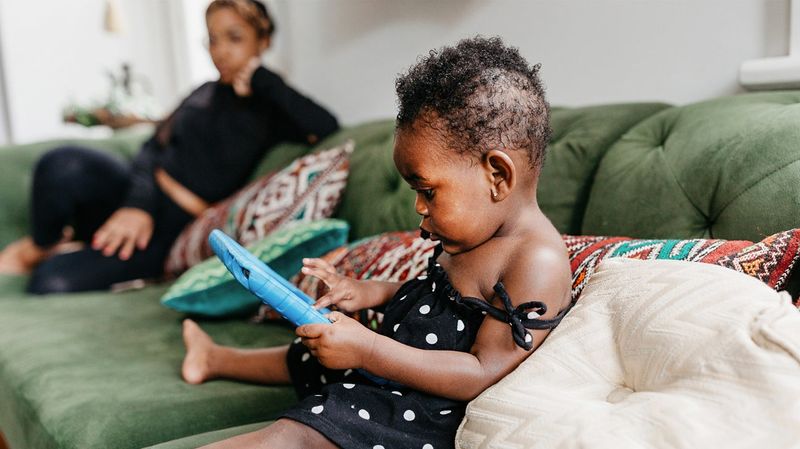
After missing bedtime three nights in a row due to work, that extra dessert or extended screen time suddenly seems reasonable. The candy in the checkout line becomes a yes after a day of saying no. Guilt is a powerful force that regularly overrides our carefully considered parenting principles.
Working parents especially feel the pressure to compensate for time away. The desire to avoid tears or create happy moments can lead to decisions that contradict the boundaries we know serve our children best.
This guilt-driven parenting creates a confusing landscape of inconsistent rules and expectations. Yet understanding this pattern is the first step toward more intentional choices. Recognizing when guilt is driving the parenting wheel allows us to pause, reset, and choose responses that align with our values rather than our momentary emotions.
11. I need validation too.
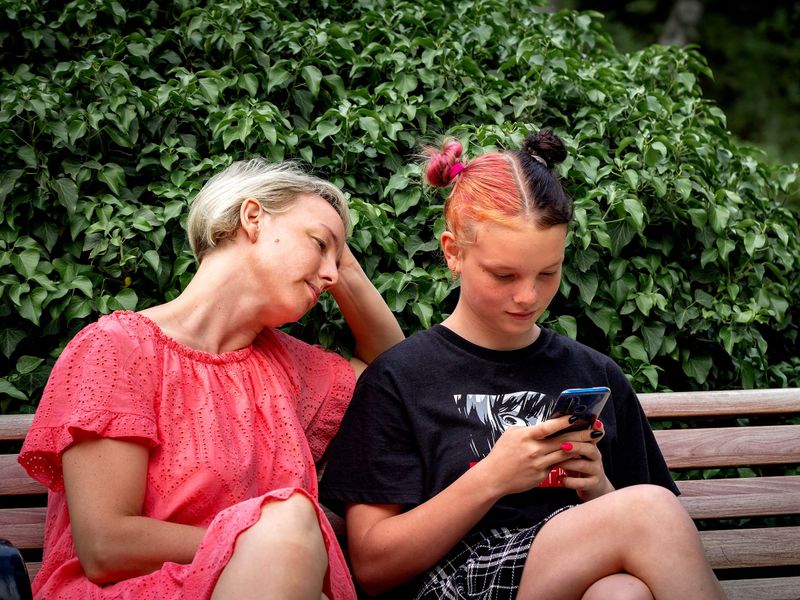
Parents spend their days offering endless encouragement and praise to their children while often operating in a feedback vacuum themselves. The craving for someone to notice your efforts – the healthy lunch packed, the patience maintained during a tantrum, the middle-of-the-night comfort provided – can be intense.
A simple “you’re doing a great job” can feel like water in a desert of constant giving. This need for recognition isn’t selfish or immature; it’s a fundamental human desire to have our efforts acknowledged.
The isolation of modern parenting intensifies this need. Without the village that once shared child-rearing responsibilities and provided natural feedback loops, today’s parents often function as solo performers without an audience. Finding parent friends who can offer genuine understanding and appreciation becomes not just nice but necessary for emotional wellbeing.
12. I’m tired of being needed 24/7.
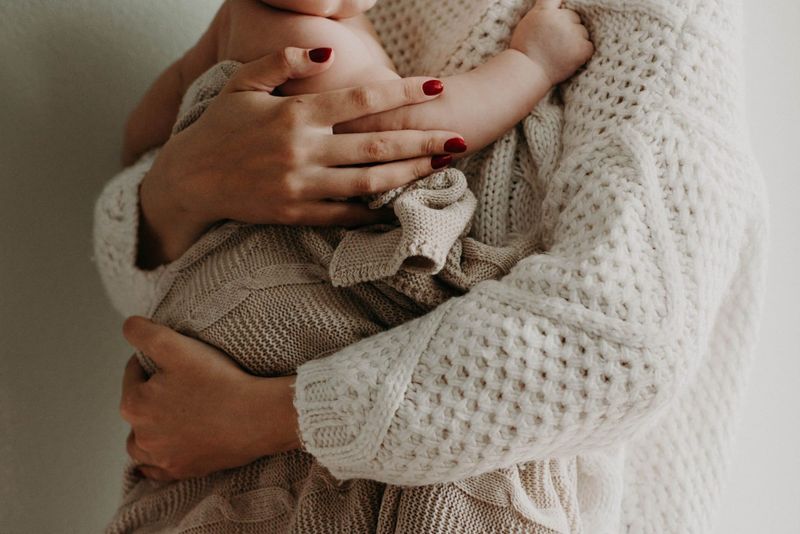
The constant weight of being someone’s everything – their comfort, their safety, their snack provider, their entertainment director – creates a unique form of exhaustion. This mental load extends far beyond physical tasks to the never-ending responsibility of managing another human’s development and wellbeing.
Even during rare moments alone, parents remain on mental duty – tracking appointments, planning meals, researching solutions to behavioral challenges, or simply waiting for the next need to arise. The impossibility of truly clocking out from parenthood can create a deep fatigue that accumulates over time.
This isn’t about not wanting to care for your children. It’s about acknowledging the real toll of constant vigilance and availability. Parents aren’t bottomless wells of energy and attention, despite cultural messaging that suggests good parents should always have more to give.
13. I love my kids more than anything—but I need more than just being a parent.
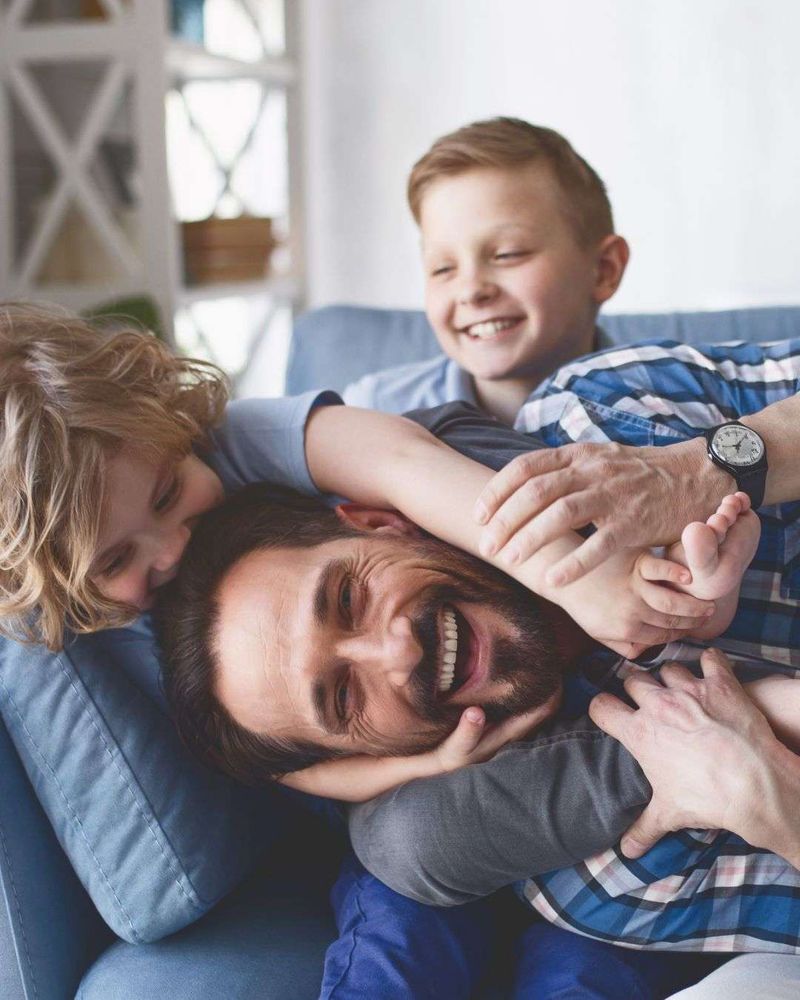
The transformation from individual to parent can feel like an identity earthquake. Suddenly, former passions, career ambitions, and personal interests get squeezed into whatever tiny cracks of time remain after meeting everyone else’s needs. The yearning to reclaim parts of your pre-parent self grows stronger as the fog of early parenthood lifts.
This desire isn’t selfish – it’s essential. Parents who maintain connections to their individual identities bring richness and authenticity to their families.
Children benefit from seeing their parents as multi-dimensional humans with passions and pursuits beyond caregiving. By reclaiming space for personal growth and interests, parents model healthy boundaries and self-care while bringing renewed energy and perspective to their parenting. The parent who occasionally prioritizes their own needs raises children who understand that love doesn’t require self-erasure.
14. Sometimes I fantasize about running away… for a weekend.

The daydream begins innocently enough – a hotel room with crisp, unstained sheets. A remote control that belongs solely to you. The freedom to use the bathroom without an audience or eat a meal while it’s still hot. This fantasy isn’t about abandoning your family forever; it’s about a temporary escape from the relentless demands of parenthood.
Parents rarely admit how often this mental vacation plays in their minds. The guilt of wanting space from those you love most can feel shameful, despite being entirely normal.
The truth is that brief separations benefit everyone. Parents return refreshed and more patient after time away, while children develop resilience and independence. That mental escape hatch – whether it becomes reality or remains a comforting fantasy – helps many parents navigate the marathon of raising children without losing themselves completely along the way.

Comments
Loading…